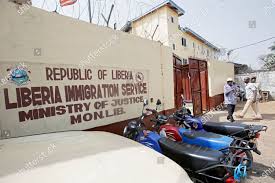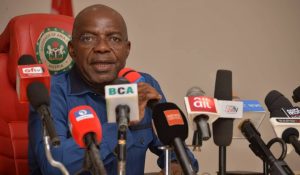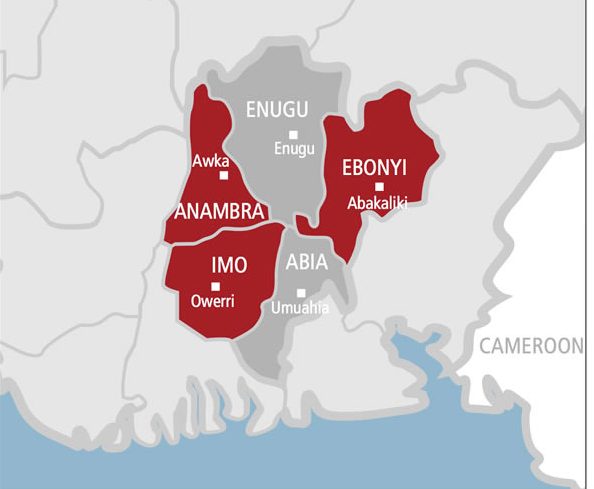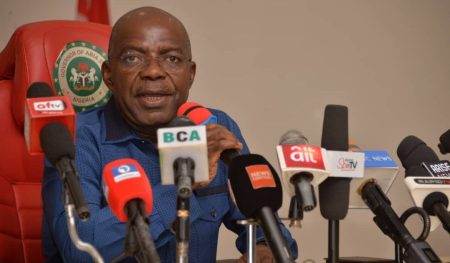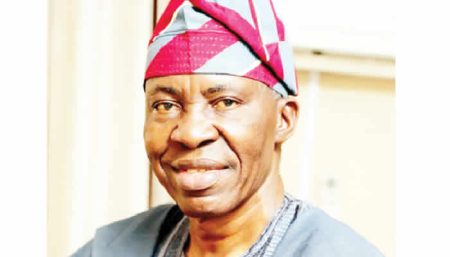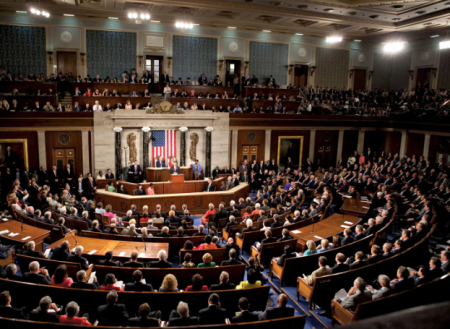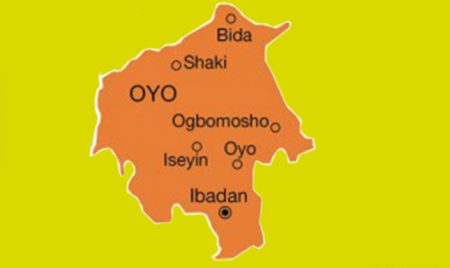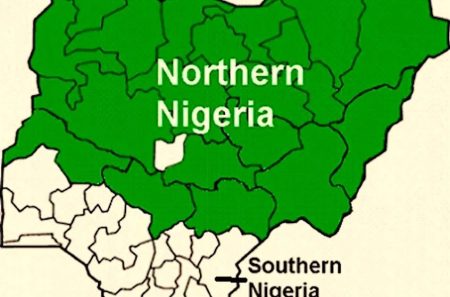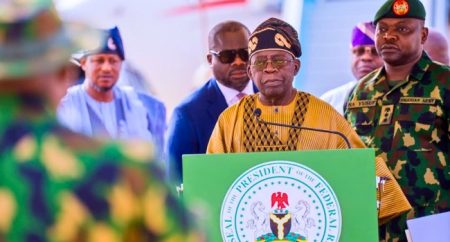The South-East region of Nigeria is experiencing a growing sense of marginalization and underrepresentation in national governance, a concern voiced by over 30 civil society organizations (CSOs) operating under the banner of ‘Concerned Civil Society Organisations and Citizens of South-East’. These groups allege a pattern of exclusion from key federal appointments, citing the recent composition of the National Population Commission board as a prime example. This perceived sidelining extends beyond mere political appointments to a systematic disregard for the region’s voice in crucial national dialogues, fostering disillusionment and frustration amongst the South-Eastern populace. The CSOs argue that this exclusion represents not just a procedural oversight but a fundamental breach of the dignity and rights of the people of the South-East.
The coalition of CSOs has issued a strong call to action, urging elected representatives from the South-East to actively champion the region’s interests and challenge the exclusionary practices they perceive within the federal government. They emphasize the importance of upholding the principles of federal character, a constitutional provision designed to ensure equitable representation of all regions in national affairs. The groups contend that political maneuvering aimed at subjugating the South-East’s interests undermines this fundamental principle and threatens the very fabric of national unity. The statement underscores the need for proactive engagement by political leaders to address the growing resentment and prevent further erosion of trust between the South-East and the federal government.
While contemplating legal action against the federal government to redress these perceived injustices, the CSOs acknowledge that legal recourse alone is insufficient. They emphasize the importance of citizen mobilization and empowerment, encouraging the electorate to recognize and utilize their collective power to demand accountability from their elected officials. The groups believe that fostering a culture of active citizenship, coupled with increased transparency from those in power, is paramount to achieving meaningful change. They advocate for robust engagement with various stakeholders, including CSOs, traditional leaders, and responsive political representatives, to amplify the collective voice of the South-East and ensure their concerns are adequately addressed.
The coalition expresses disappointment at the perceived inaction of their elected representatives, lamenting the lack of a strong and decisive response to their concerns. They urge these representatives to heed their call for change and prioritize the proper representation of the South-East in national affairs, emphasizing that this is not only crucial for addressing the region’s unique needs but also for safeguarding the political interests of its citizens. The CSOs frame their appeal as a critical juncture, emphasizing the urgency of decisive action to reclaim the region’s narrative and ensure its concerns are prioritized in national discourse.
The coalition’s appeal underscores the complex interplay of political representation, regional equity, and citizen engagement within Nigeria’s federal system. The groups’ emphasis on citizen mobilization highlights the importance of grassroots activism in holding elected officials accountable and ensuring equitable representation within a diverse and complex nation. Moreover, the statement highlights the critical role of CSOs in advocating for the rights and interests of marginalized communities and holding government accountable to its constitutional obligations. The CSOs’ call for unity and decisive action resonates as a powerful appeal to reclaim the South-East’s place within the national narrative.
The CSOs represent a diverse range of organizations, including the Rule of Law and Accountability Advocacy Centre, Citizens Centre for Integrated Development and Social Rights, NchekwaNdiOgbenye Foundation, and numerous others. This broad coalition underscores the widespread concern over the alleged marginalization of the South-East and demonstrates a collective commitment to addressing these grievances. The involvement of these organizations, each with their specific focus areas, paints a picture of a multifaceted approach to advocacy, combining legal action, citizen mobilization, and engagement with political leaders to achieve their objectives. Their unified voice serves as a powerful testament to the growing urgency for change and equitable representation within the Nigerian political landscape.



